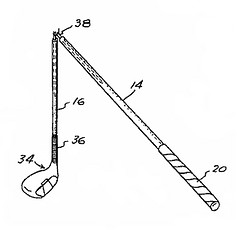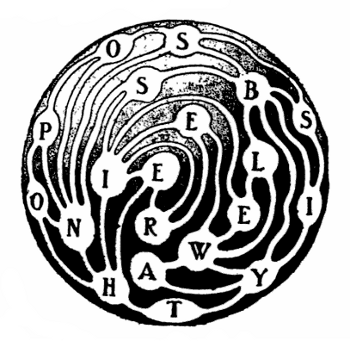
In 1954, a Chilean lawyer named Jenaro Gajardo Vera tried to join a local club but was rejected because he owned no real property. He was pondering how to overcome this problem when he looked into the night sky and found his solution.
He claimed the moon.
The local notary acknowleded that Gajardo’s claim met the technical requirements for real property, and no prior owner objected when he published a notice in Chile’s Diario Oficial. Gajardo was granted a deed, returned to the club, and received his membership.
This story is popular in Chile, but most of the sources are in Spanish, so I’m finding it hard to tell where the truth ends and the romance begins. It does appear that a lawyer named Jenaro Gajardo Vera was born in Chile and lived in Talca, as the story says. But you’ll have to decide how much of the rest to believe. It’s commonly said that:
- In 1969, Gajardo received a dispatch from Richard Nixon asking permission for American astronauts to land on his property.
- Gajardo failed to list the moon on his real property tax return, which led to trouble with the Chilean revenue office. When agents confronted him, he asked them to survey the property themselves, as the law required, and they dropped the action.
- Minister of the Supreme Court Galecio Ruben Gomez once asked why, if Gajardo could register the moon, he could not register Mars using the same argument. Gajardo pointed out that Mars does not belong to the earth, and thus is not open to a civil law property claim.
- In 2000, two years after Gajardo’s death, two strangers approached his family saying that NASA wanted to establish bases on the moon, which could bring them substantial revenue. The family paid them a large fee to “regularize Gajardo’s legacy,” and the strangers disappeared.
I’d be grateful to hear from anyone who can substantiate or debunk any of this. I’ll post any updates here. It’s certainly a wonderful story. (Thanks, Benito.)
03/17/2010 Update: Doubtful but intriguingly murky. It appears that Gajardo did publish a deed to the moon three times in Chile’s official record in 1953, but that in itself doesn’t carry much weight. Today the matter would be governed by the Outer Space Treaty of 1967, but (a) that appeared 14 years after Gajardo’s claim, and we don’t know whether it’s retroactive, (b) we don’t know whether Chile is a signatory, and (c) ironically, the very fact that the treaty denies nations jurisdiction over celestial objects may mean that no court would have jurisdiction to hear the case. Gajardo’s is one of at least four such claims made between 1950 and 1970 alone, including one by the “Elves, Gnomes and Little Men’s Science Fiction, Chowder and Marching Society” of Berkeley, Calif., who claimed part of the Sea of Tranquility in 1952. It will certainly be an interesting war.
Particular thanks to Kirk and John for help in researching this.








